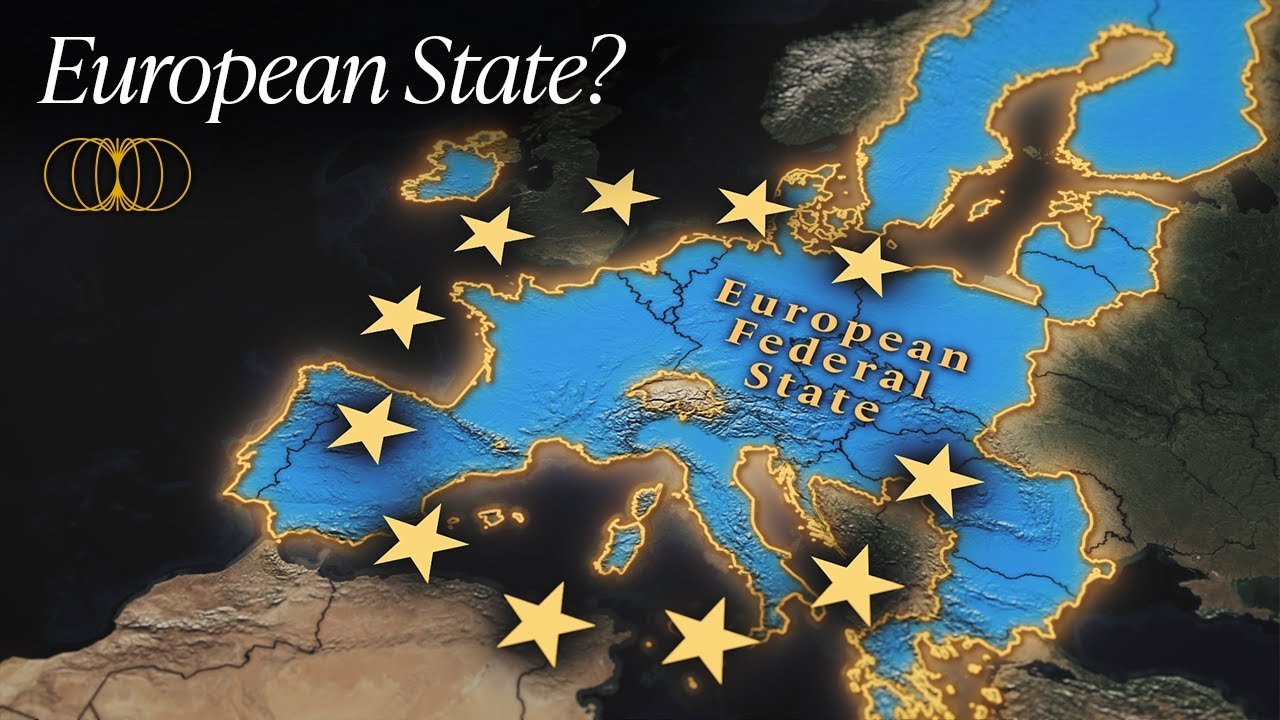The video discusses the evolving concept of a Federal European State, touching upon historical perspectives, current sentiments, and future possibilities within the European Union (EU). It outlines the ongoing debate around transforming the EU into a more unified entity, akin to a federal state, highlighting the Franco-German axis as a pivotal force in this discourse. Recent developments such as the European Parliament’s vote on treaty revision, aimed at extending Brussels’ competencies and potentially ending the veto power in the Council of the European Union, are examined. The video also explores the complexities and challenges of further integration, reflecting on national interests, the geopolitical landscape, and historical attempts at unification.
- Olaf Scholz and Emmanuel Macron have both advocated for evolving the EU beyond a “Europe of Nations,” suggesting a shift towards greater federalism.
- Historical attempts at European integration, including the Schuman Plan and the Treaties of Rome, laid the groundwork for today’s EU but faced challenges in balancing national interests with collective goals.
- The European Parliament voted in favor of a draft to revise EU Treaties, aiming to expand Brussels’ competencies and potentially abolish the veto power in the Council of the European Union.
- Germany and France, the EU’s most powerful member states, have shown a united front on transforming the EU into a de facto federal state, a significant shift from historical rivalries.
- Russia’s invasion of Ukraine and the subsequent energy and political crisis in Europe have pressured EU leaders to consider deeper integration as a means to strengthen the Union.
- The video raises questions about the feasibility and desirability of a Federal European State, considering the diverse interests and priorities of EU member states.
- The concept of a European superstate is framed as a response to global competition, particularly from the United States and China, challenging the EU to consolidate power to remain a significant global actor.
- Internal divisions and varying national interests among EU countries pose significant obstacles to the realization of a Federal European State, with trust and mutual understanding identified as key issues.
- The video suggests that any move towards federalization will require compromises and be heavily influenced by the national interests of Germany and France, the EU’s leading powers.
“Channel tackling global issues from the fields of geopolitics, international relations, economy, technology, which shape the world of today.”
Official website: patreon.com/gtbt
Original video here.
This summary has been generated by AI.

Leave a Reply